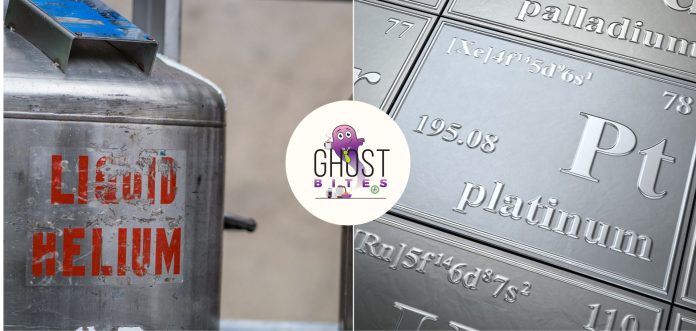Renergen shareholders give a resounding yes to the ASP Isotopes deal (JSE: REN)
There was never any doubt, let’s be honest
There are companies out there that have a lot of options. I’m afraid that Renergen isn’t one of them. For all the reasons that everyone has talked about ad nauseum, the company has ended up disappointing investors and burning a serious hole in the balance sheet. ASP Isotopes appeared on the horizon to save the day and the rest is history.
Well, not quite history – although Renergen shareholders voted almost unanimously in favour of the transaction, they still have a number of regulatory conditions to get it through by 30 September 2025. Although it’s technically possible for the parties to agree to extend that date, there are many examples of deals where this doesn’t happen.
At this stage, it’s far more likely than not that the deal will go through. But until shares have been issued and everything has been completed, there’s always a risk of it failing.
Southern Palladium has released an optimised prefeasibility study (JSE: SDL)
A more staged approach improves the expected returns
As anyone who has studied capital budgeting and net present value (NPV) calculations will know, the timing of cash outflows (and inflows) makes a significant difference. If you can delay certain elements of a project and reduce the reliance on expensive external capital, then it can really improve returns. The devil is always in the detail on this, but many mining companies are taking this approach in their prefeasibility study calculations.
At Southern Palladium for example, the prefeasibility study for the 70%-owned Bengwenyama PGM project has been optimised with a staged approach that suggests an internal rate of return (IRR) of 26.4%. This is based on the production rate increasing over 4 years.
But it’s not just about the expected return – it’s also about the amount of capital to be raised and what this means for the practicalities of the deal. The peak funding requirement has dropped by a massive 38% to $279 million, mainly because stage 2 expansion capital is expected to be funded by internally generated cashflow from stage 1. The payback period is estimated to be 6 years from the start of construction.
Naturally, the prevailing PGM price will lead to substantial volatility in the returns actually achieved by shareholders. This calculation assumed a basket price that is only 6% below the current level, so there isn’t much margin for safety here. With the long-expected shortage in PGMs finally playing out, this is a good time to be releasing an announcement like this.
A preliminary development schedule has been compiled for the project, with the immediate next step being the issue of a mining right. They need to complete drilling and then a definitive feasibility study, all before there’s a final investment decision and the raising of the required capital to develop the mine.
Nibbles:
- Director dealings:
- Calibre Investment Holdings, in which two directors of Goldrush (JSE: GRSP) have a non-controlling interest, sold shares in Goldrush worth R79.4k.
- Jubilee Metals (JSE: JBL) is working on the sale agreements for the disposal of the chrome and PGM operations, with the expectation being to release the deal circular during the last week of July. They also have one eye on future capital raising needs, appointing Shard Capital Partners as joint broker with immediate effect to replace RBC Capital and work alongside Zeus Capital.




